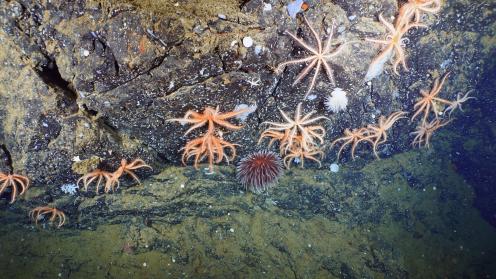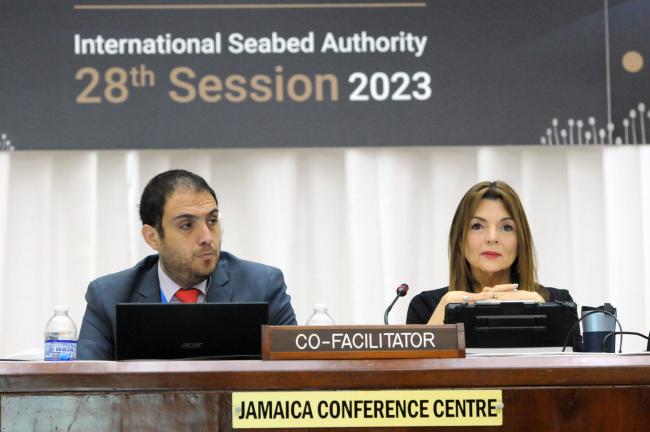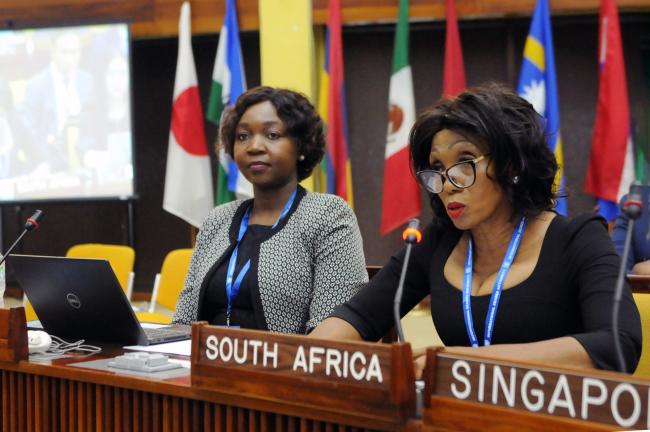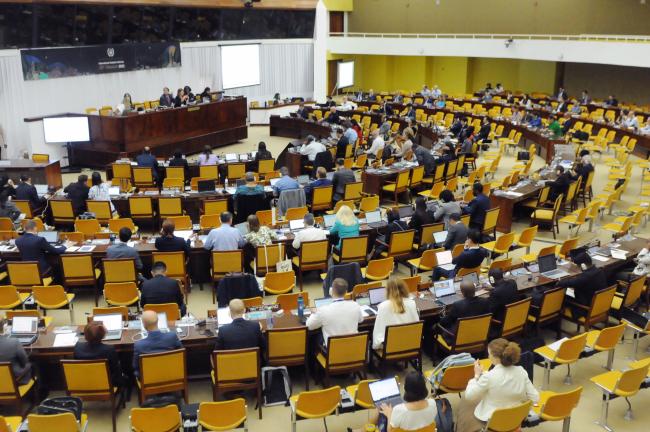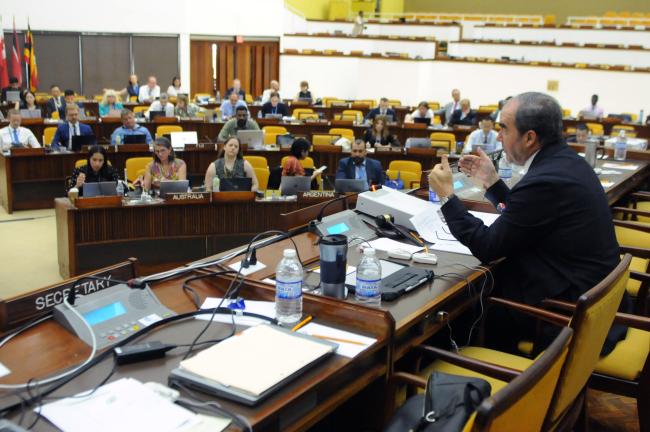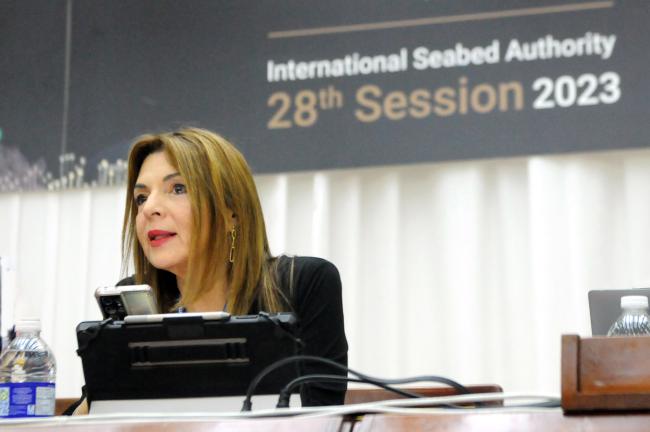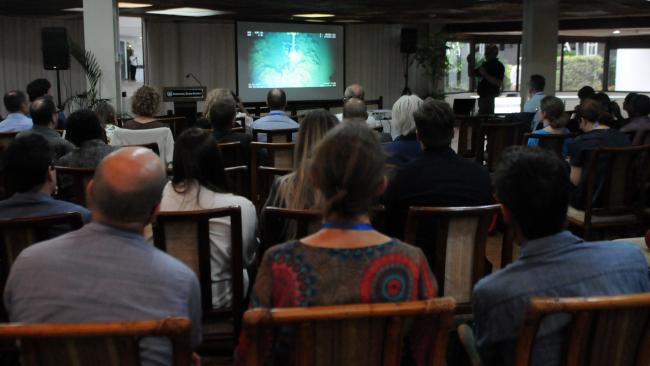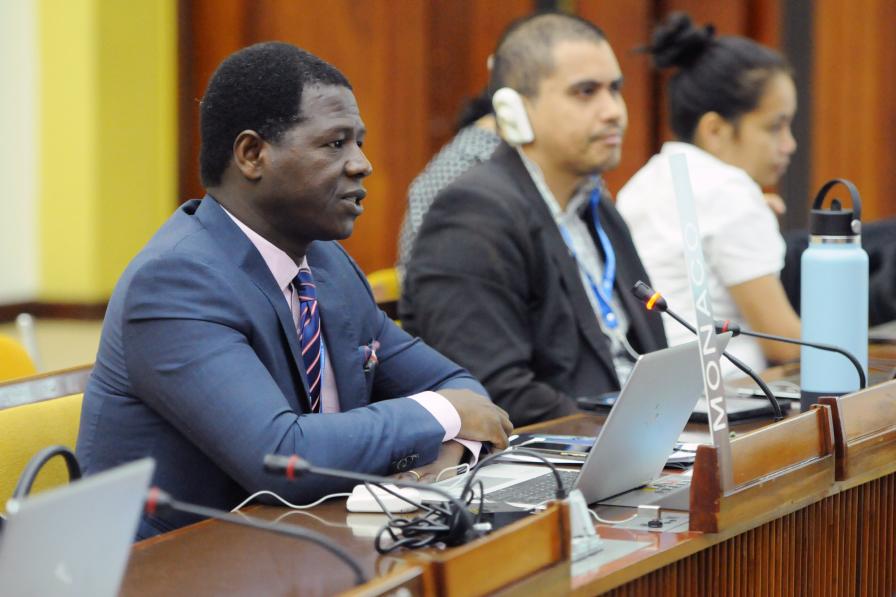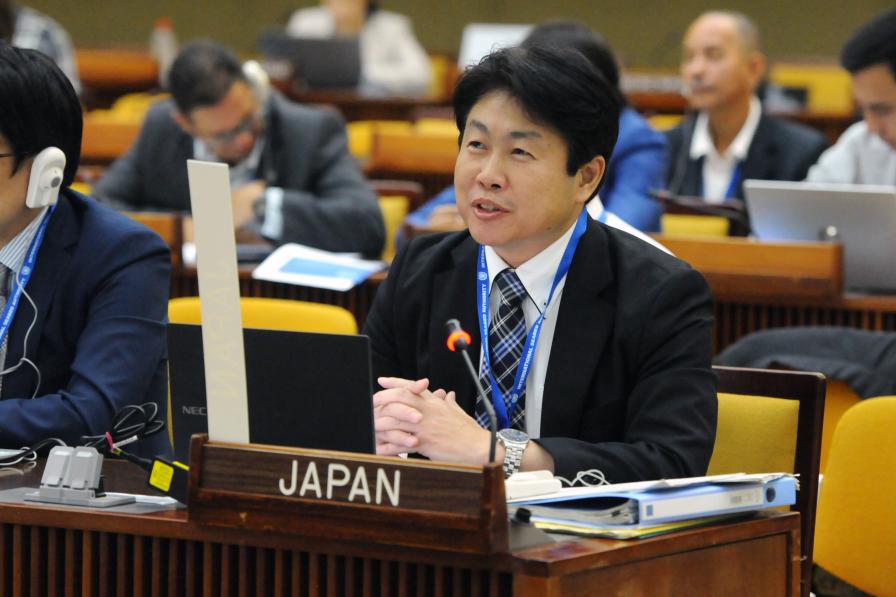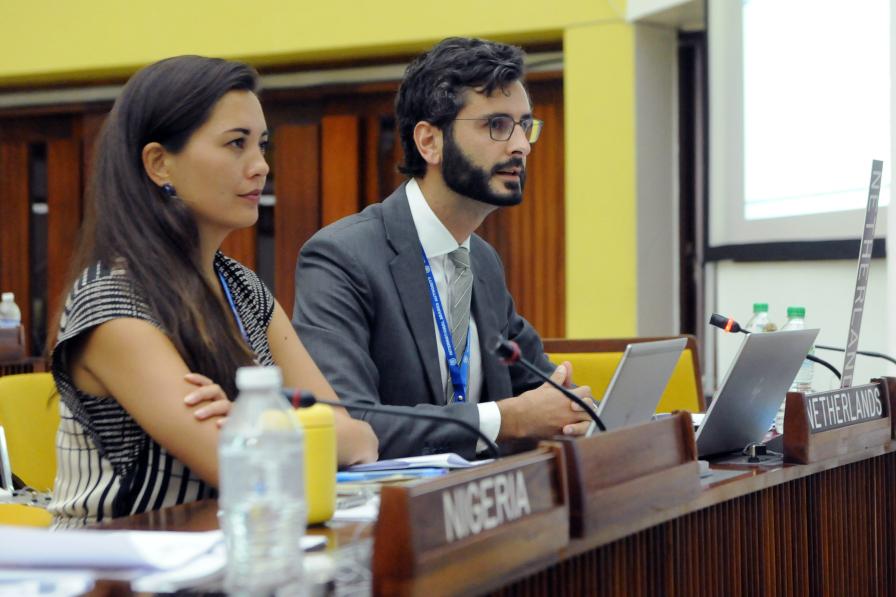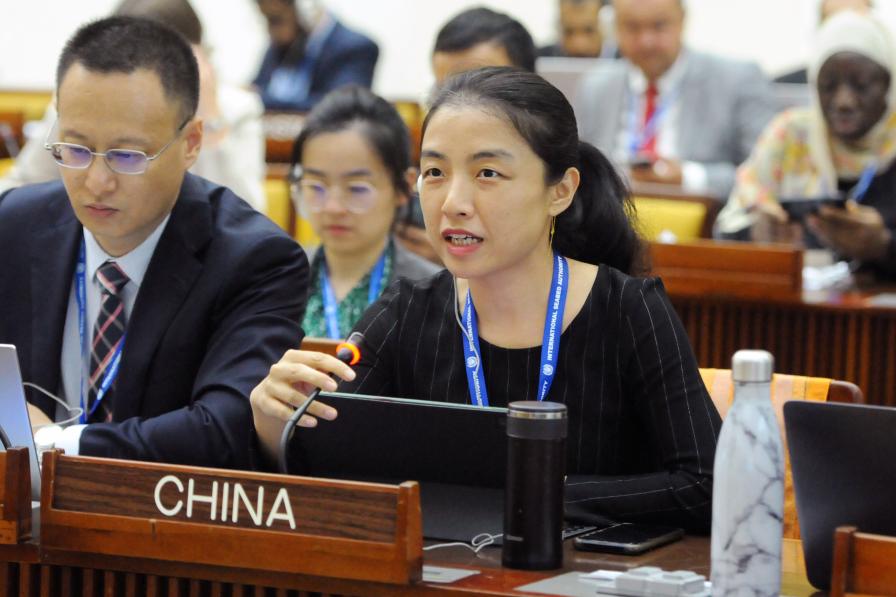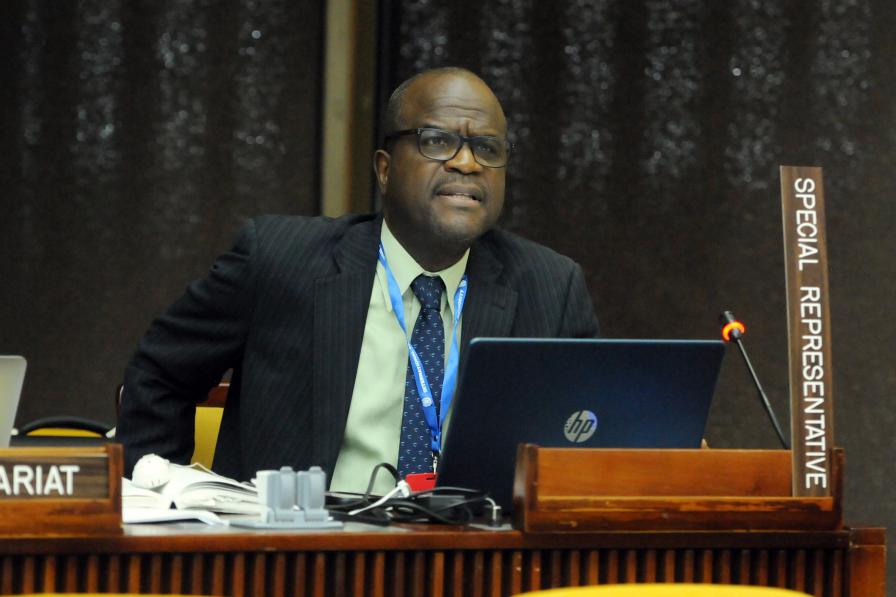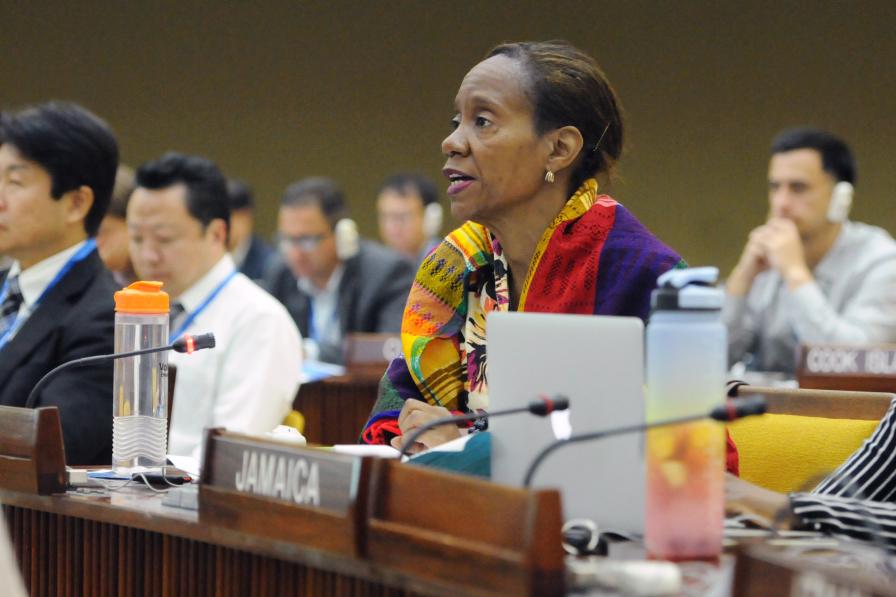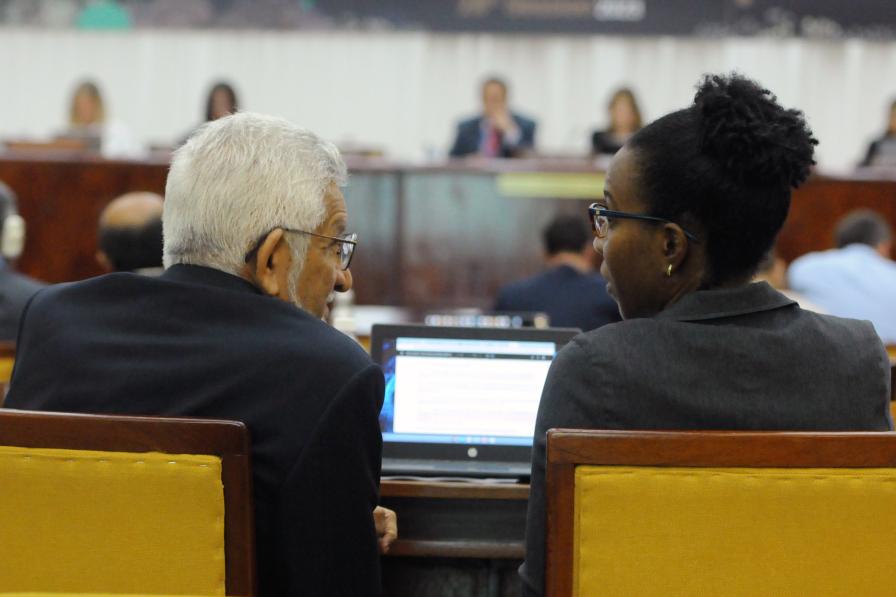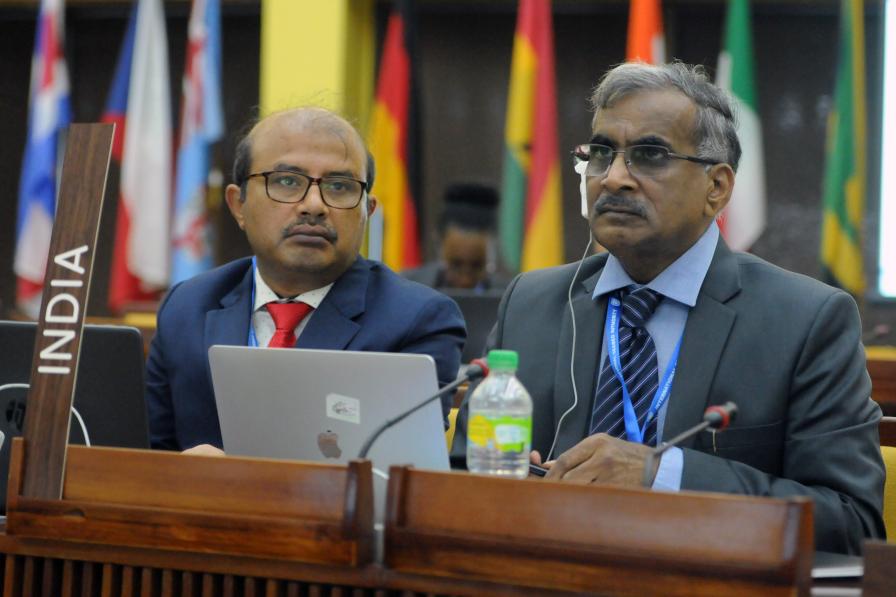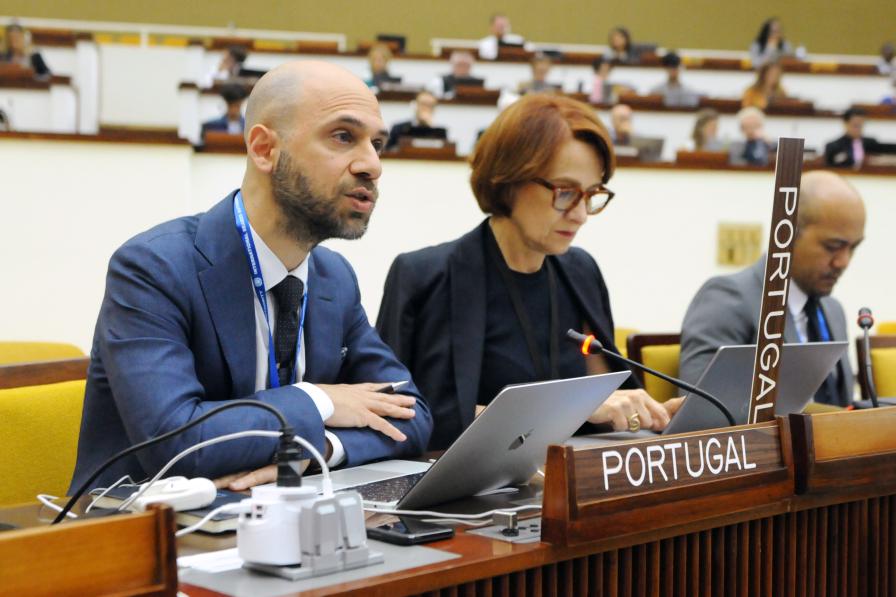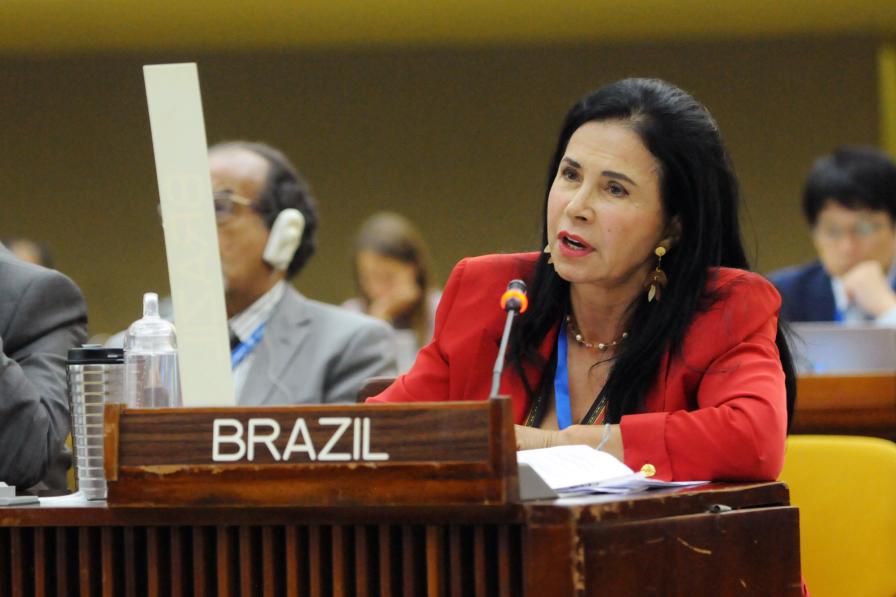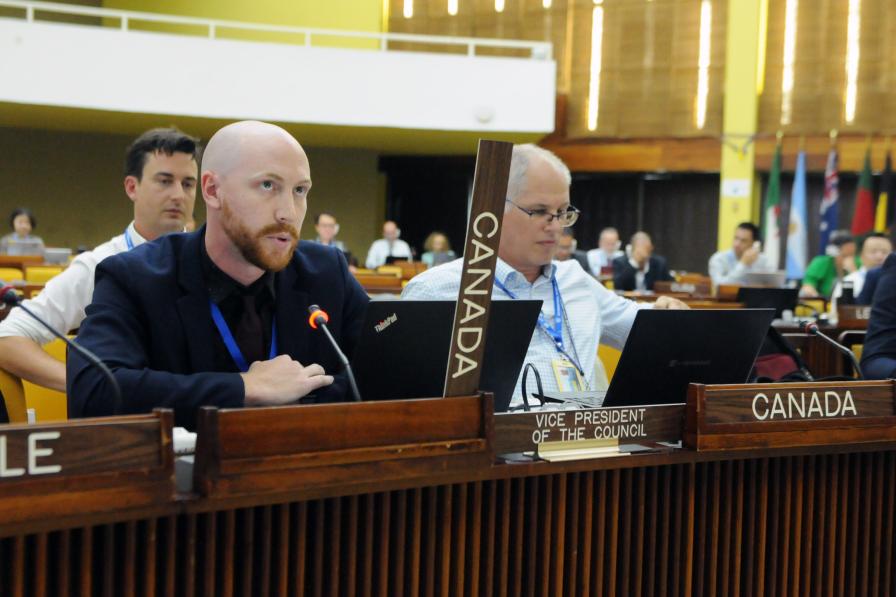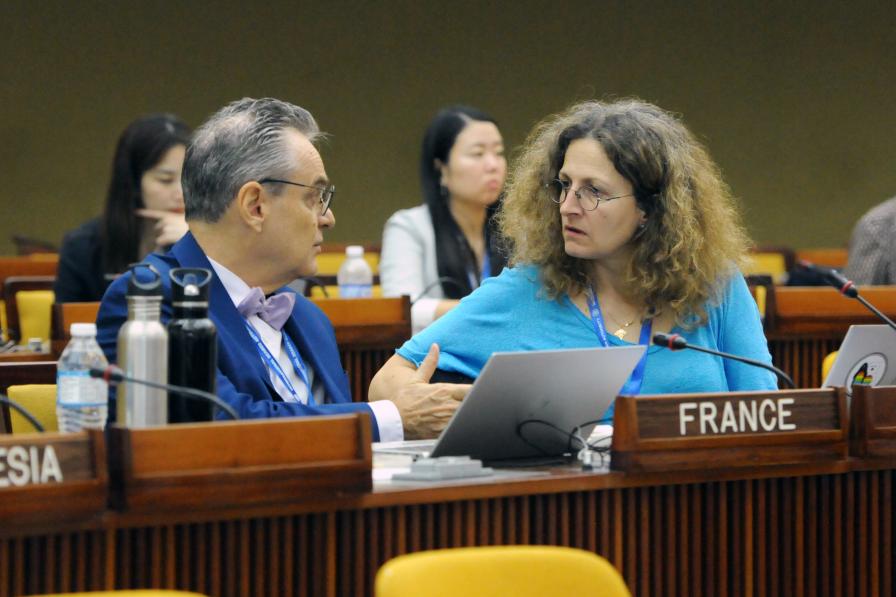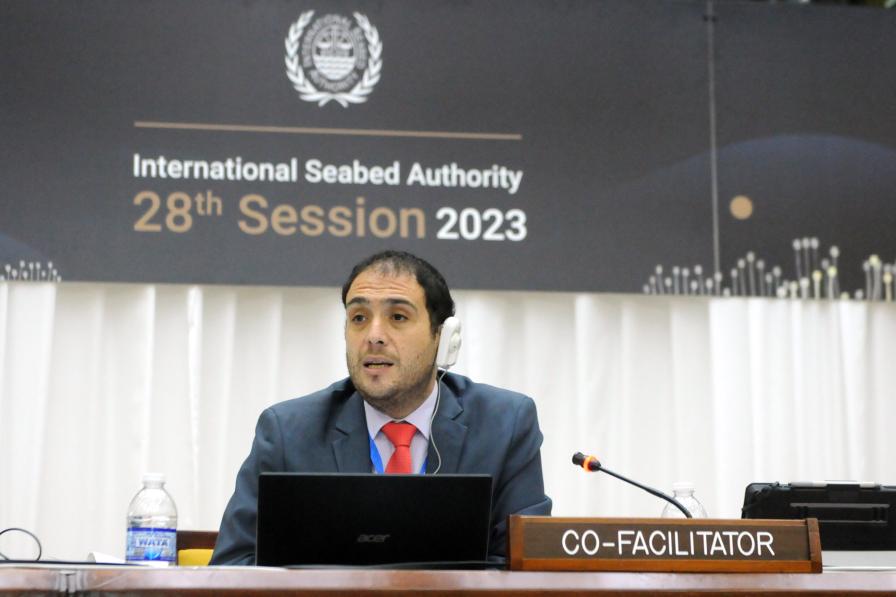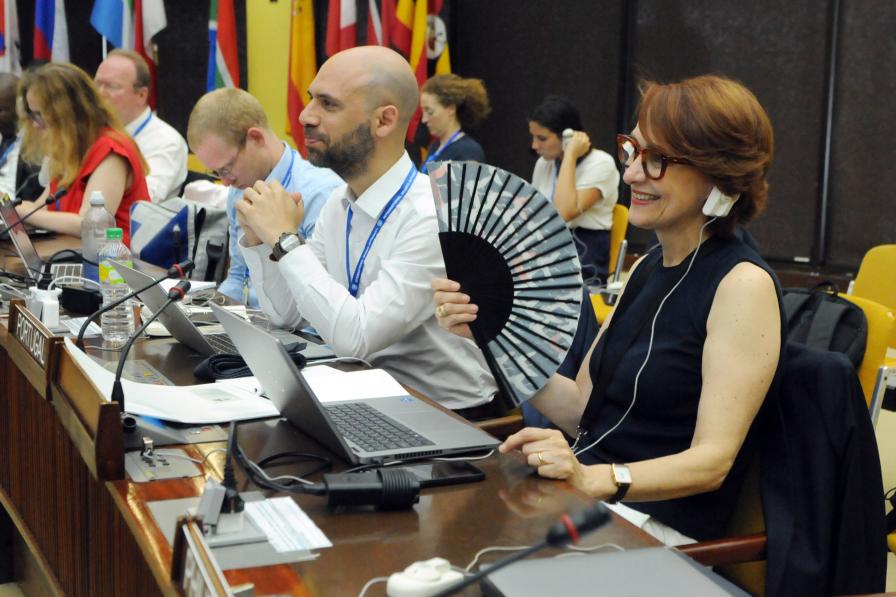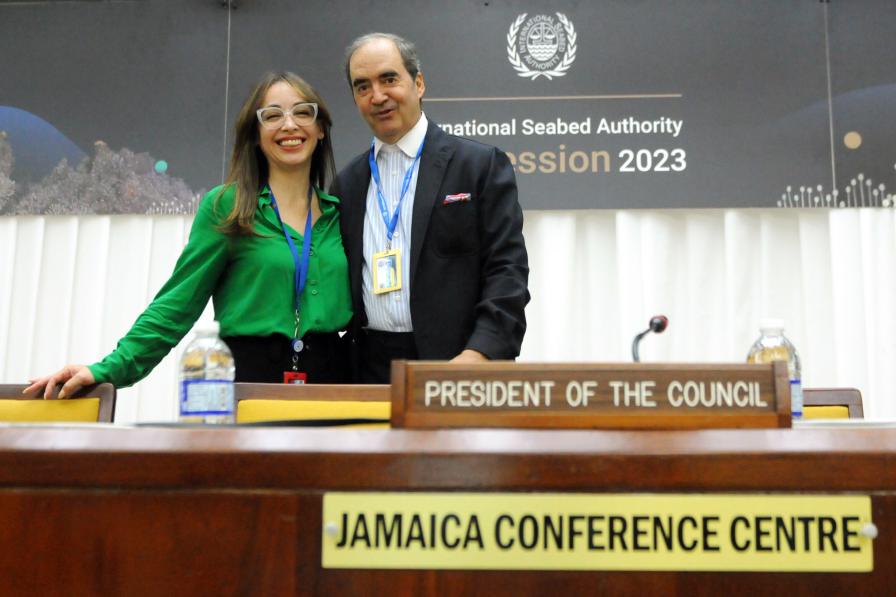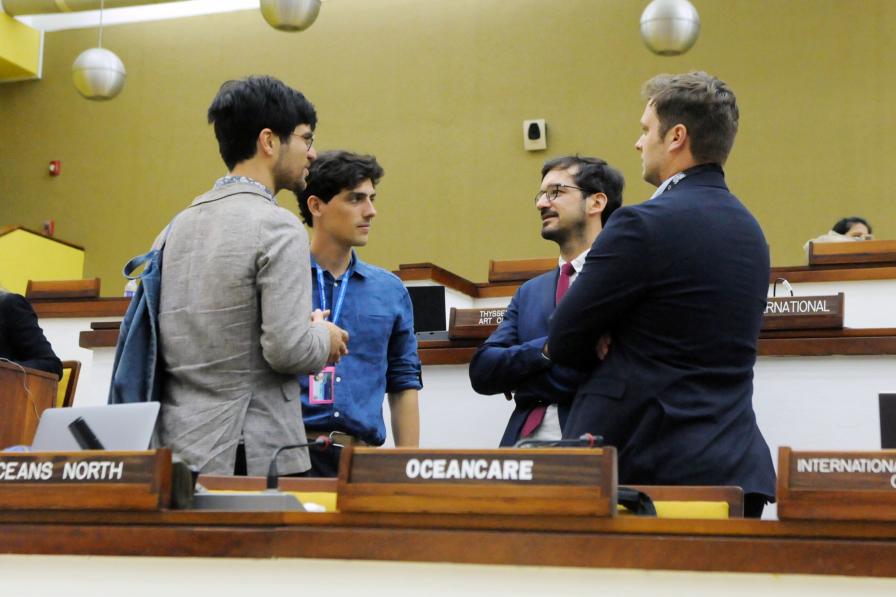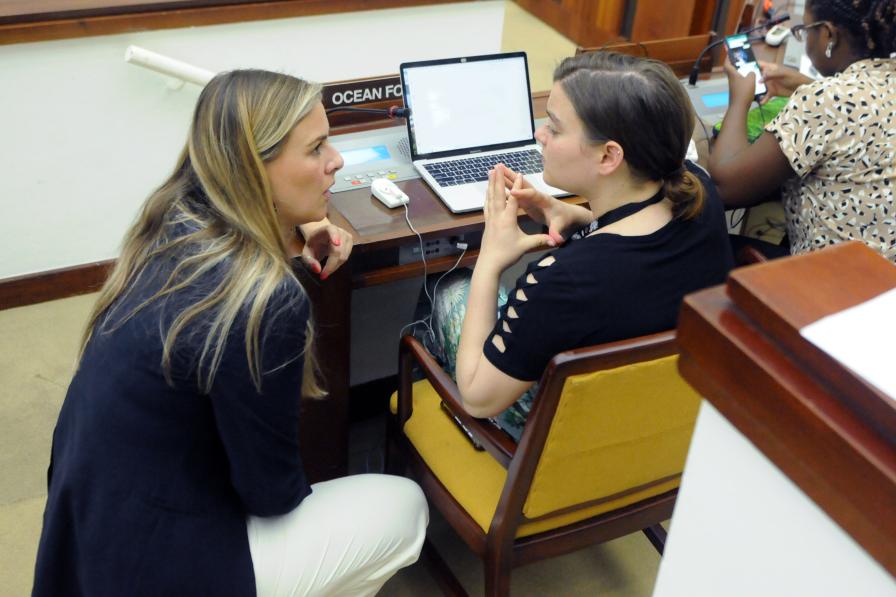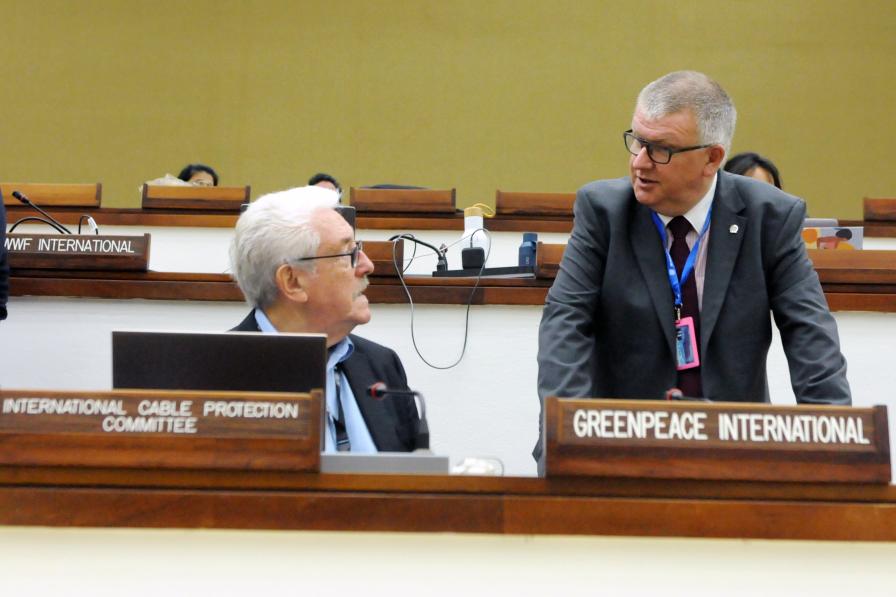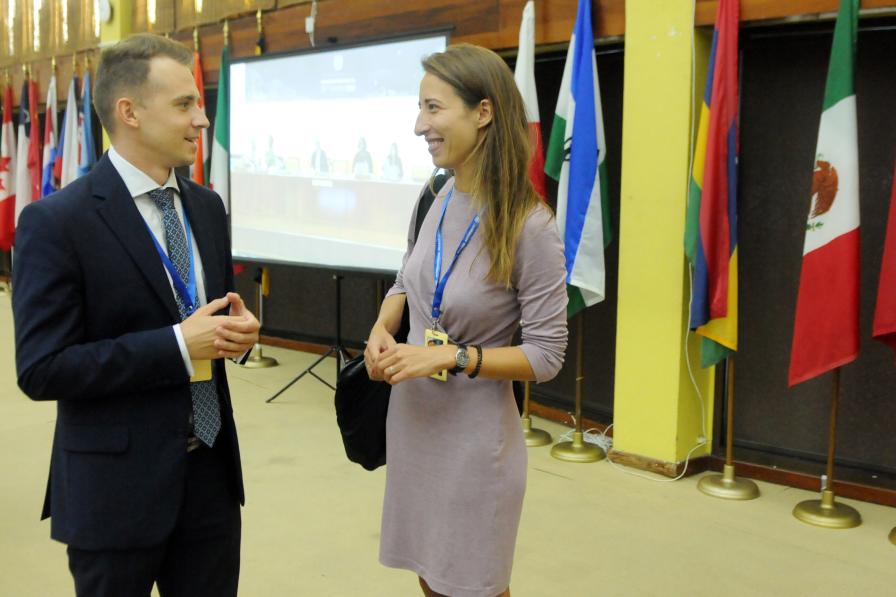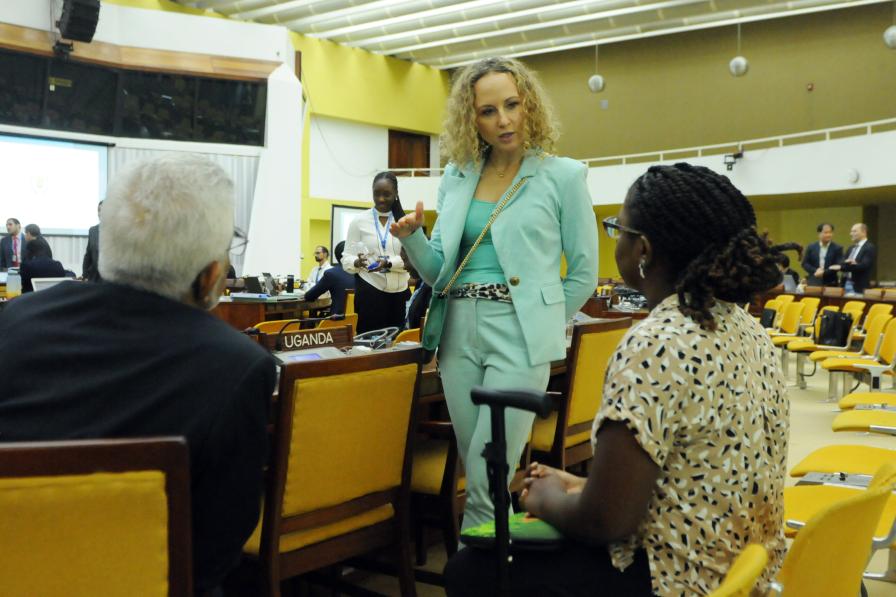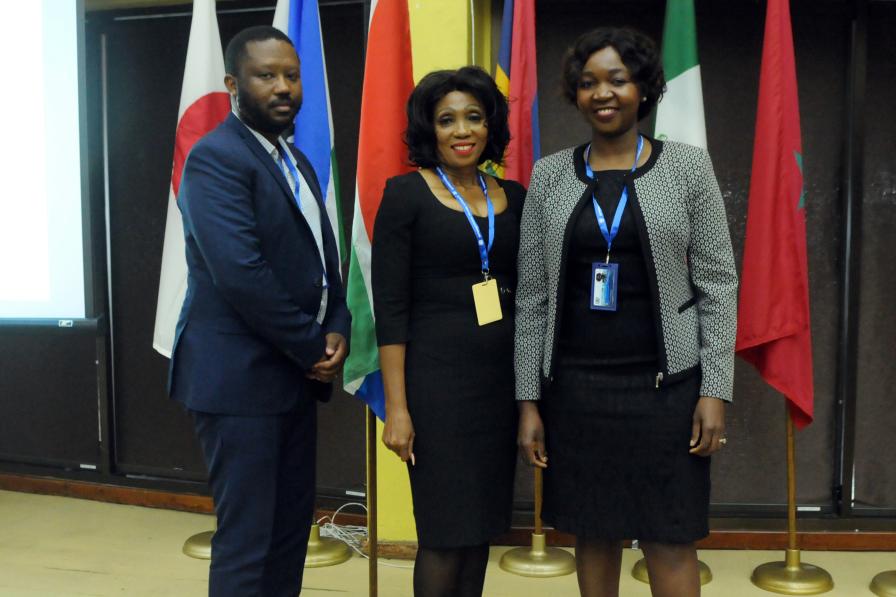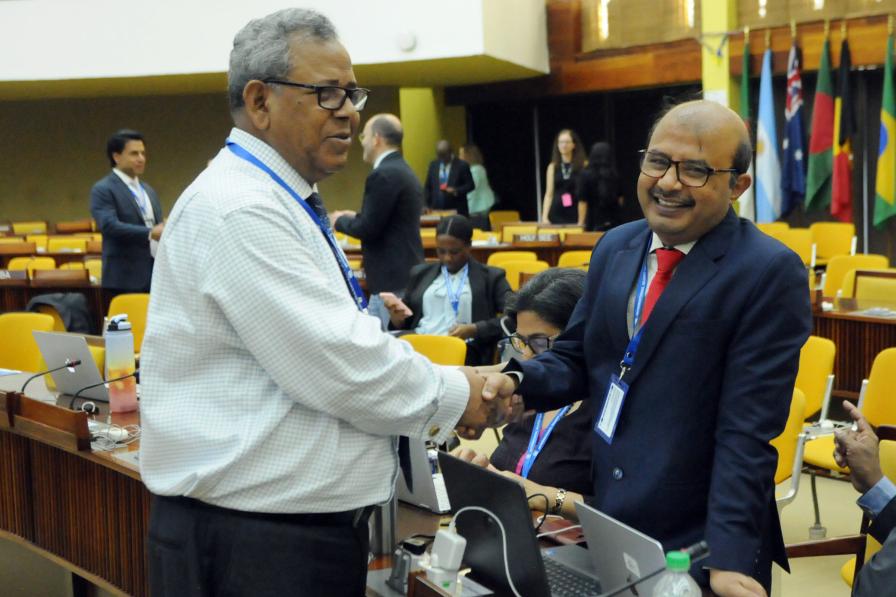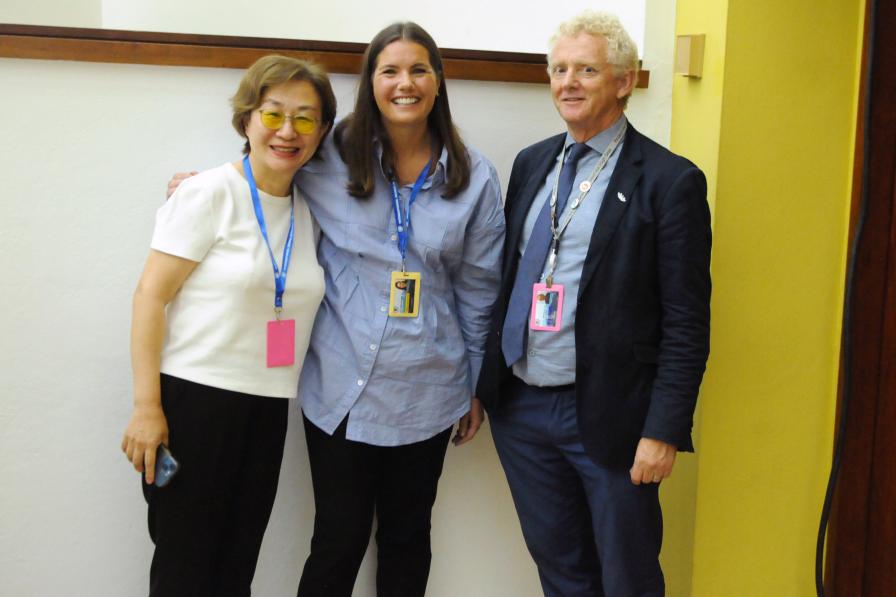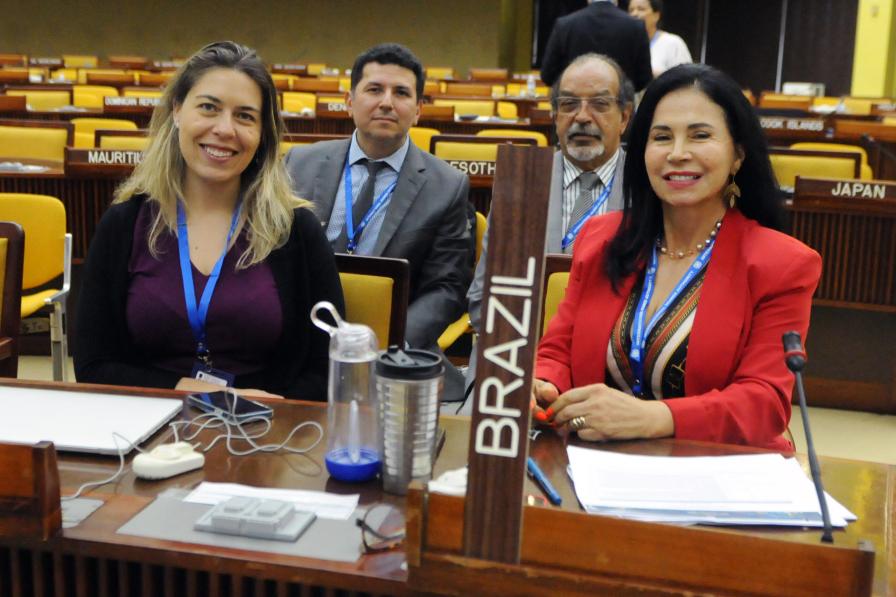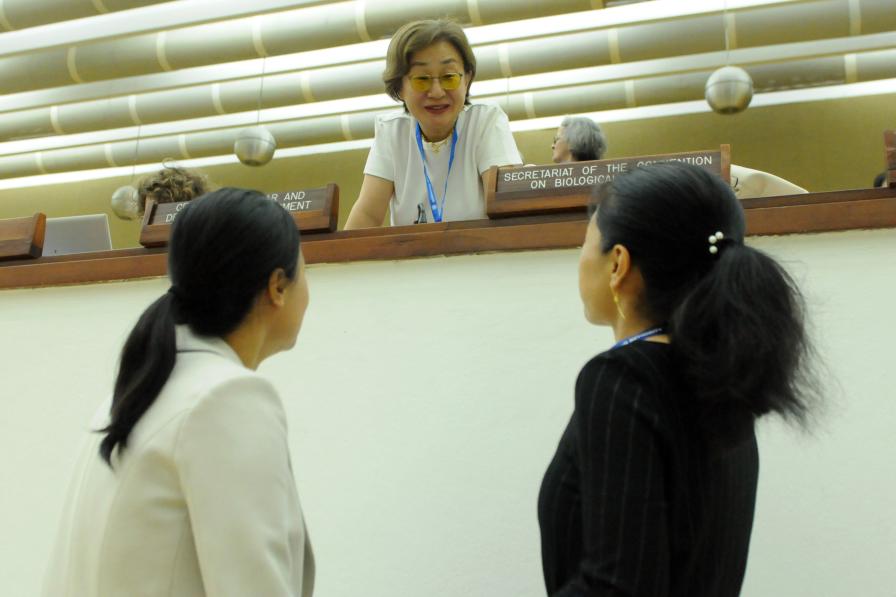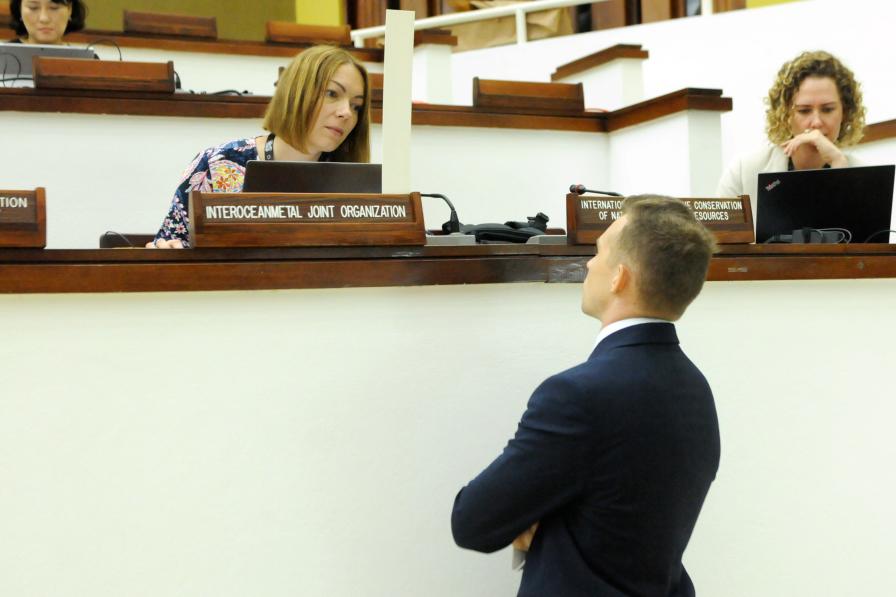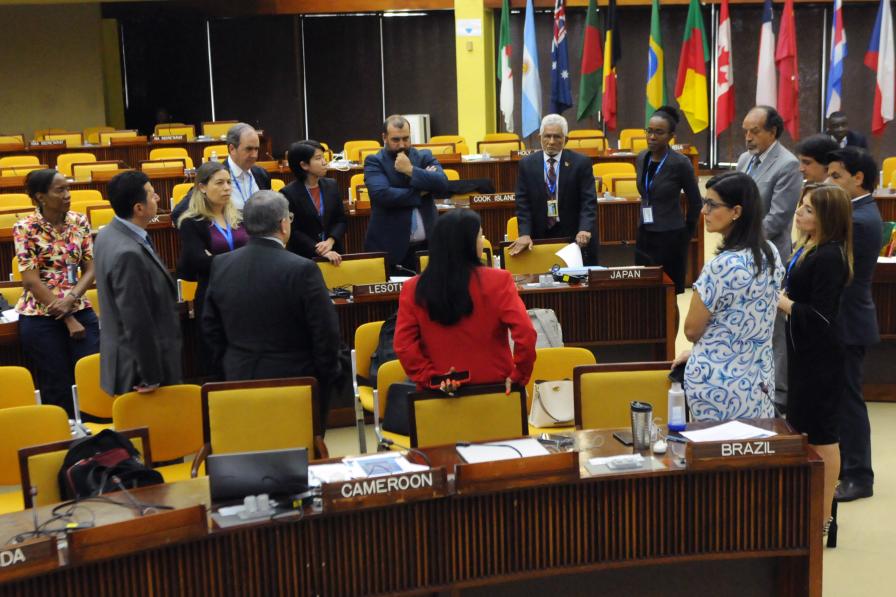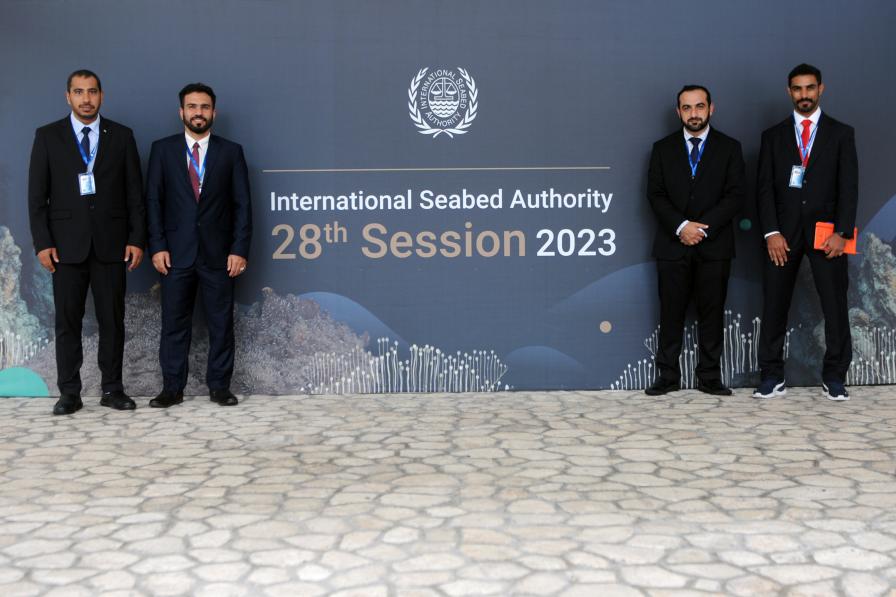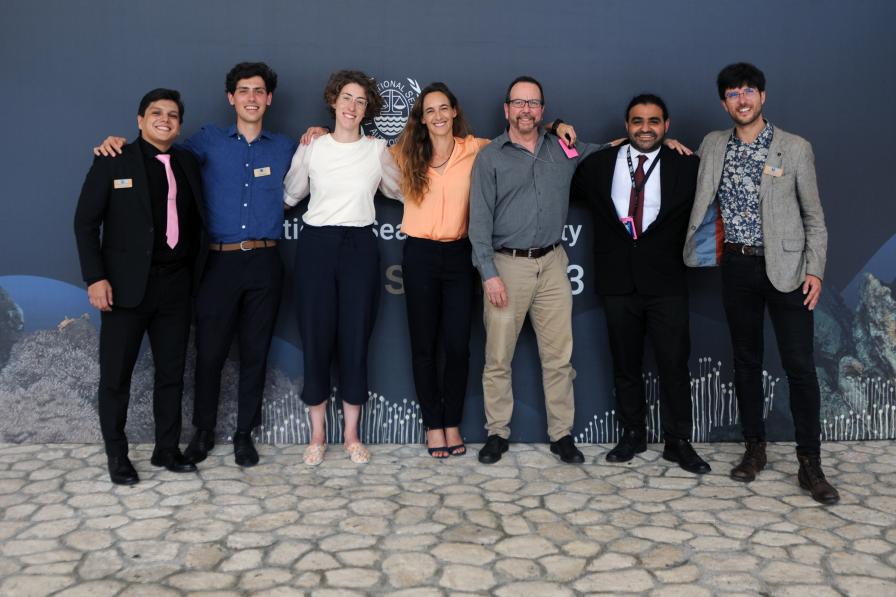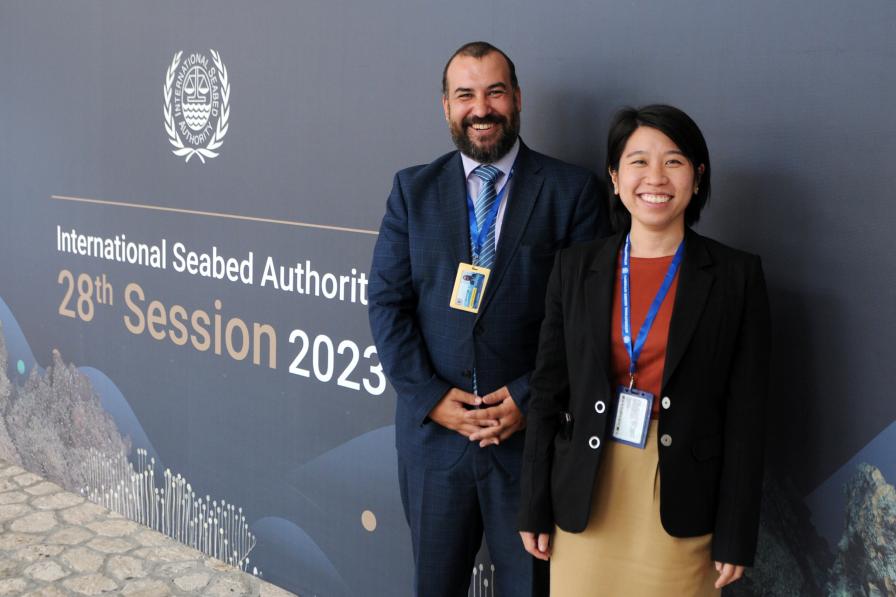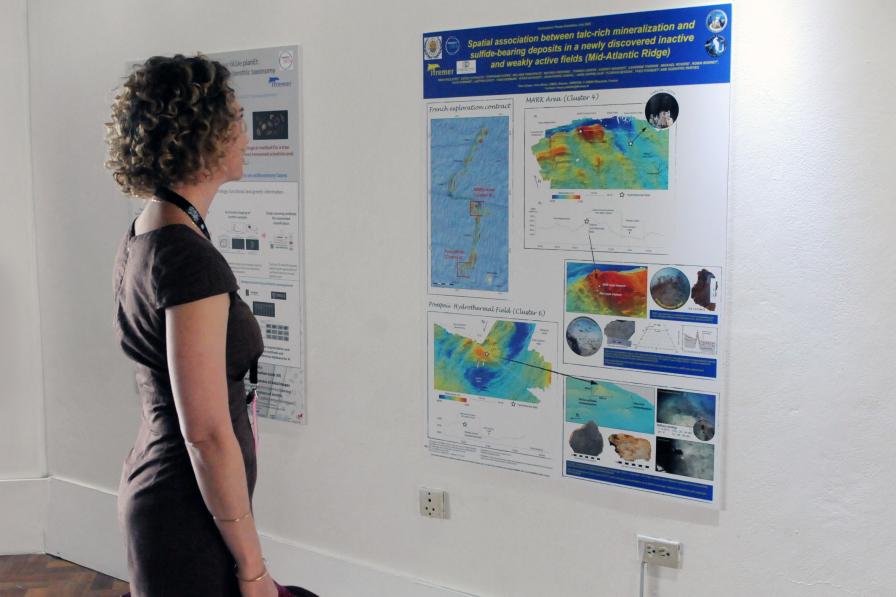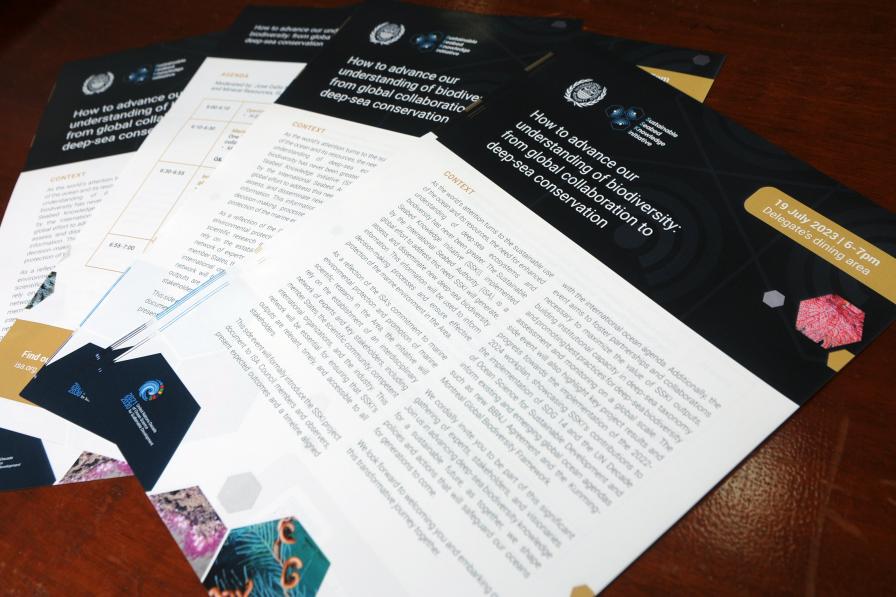“One of the challenges of our time, without being pietistic or moralistic, is to reinstill in the consciousness of our people that sense of human solidarity, of being in the world for one another and because of and through others.” – Nelson Mandela.
Council members commemorated Nelson Mandela International Day, honoring his contributions to world peace and the defense of human rights. A delegate highlighted his advocacy for sustainable development and intergenerational equity, wondering if Mandela might be thinking of the common heritage of humankind when delivering his quote on human solidarity.
The Informal Working group on institutional matters continued its discussion of the relevant exploitation regulations throughout the day. Co-Facilitators Georgina Guillén-Grillo (Costa Rica) and Salvador Vega Telias (Chile) resumed discussions on the areas covered by an application (regulation 8). Different views persisted on whether areas under exploitation shall “be located within an exploration contract area” or “have been subject to prior exploration activities.” Several delegations expressed flexibility. Many members queried the clarity and accuracy of requesting “adequate and satisfactory” environmental baseline data.
On a provision that the applicant shall provide a statement confirming whether the area under application “has received attention” under other organizations or treaties, delegates stressed the need to refine the language around “receiving attention,” noting its ambiguity. Some members highlighted that a proper procedure should be put in place for information exchange between the ISA and relevant bodies and processes, noting this should be the responsibility of the ISA and governments, rather than the applicant/contractor.
On the section on processing and review of applications, regarding receipt, acknowledgment, and safe custody of applications (regulation 9), delegates discussed, without reaching consensus, whether the Secretary-General should communicate to ISA members “information of a general nature which is not confidential regarding the application,” or the entire “content of the application save for any confidential information.” Many members suggested further work on defining confidential information, with a delegate stressing that confidentiality rules should not apply to Council members, given that they need to take fully-informed decisions.
On the preliminary review of application by the Secretary-General (regulation 10), many delegations concurred that the Secretary-General should conduct the preliminary review for administrative purposes and the Legal and Technical Commission (LTC) should carry out the substantive review. Members expressed different views on whether the LTC or the Secretary-General should be responsible for determining preference and priority among applicants in cases of submission of more than one application for the same area and the same resource.
At lunchtime, delegates engaged in informal consultations on the draft decision relating to the establishment of the position of an interim director general for the Enterprise, upon invitation by the African Group, and on the updated roadmap for the development of the exploitation regulations, facilitated by Council President Juan José Gonzalez Mijares.
In the afternoon, the working group continued its deliberations, addressing the publication and review of the environmental plans (regulation 11). Delegates addressed, among other things:
- whether the Secretary-General, while placing the environmental plans on the ISA’s website, should: do so for a specific period of time; include “any information necessary for their assessment as well as the non-confidential parts of the test mining study”; and address the “general public” in addition to ISA members, relevant adjacent coastal states, and stakeholders;
- the proper process for the LTC to provide its comments and recommendations on the environmental plans vis-à-vis the consultation process; and
- whether to establish an independent review team or proceed with the expertise within the LTC, with the Commission able to nominate additional independent experts, if required.
Members expressed divergent opinions on the establishment of an independent review team, with some underscoring the LTC’s mandate as the responsible organ for the review of plans of work and others emphasizing that additional expertise will often be required. Most delegates suggested removing the reference to the general public and the mining test study. They further emphasized the issue of consultations with adjacent coastal states is cross-cutting.
Other members suggested taking into account the discussions on standardizing stakeholders’ consultations to streamline this regulation. Most delegates agreed on the need to give more than 30 days to the applicant to reply to comments received. Observers suggested the whole application be included in the public consultation process rather than merely the environmental plans, and strongly supported engaging external, independent experts.
On the consideration of applications by the LTC, under general provisions (regulation 12), most delegates suggested removing the 120-day deadline for the LTC to produce its comments and recommendations. They further queried a provision noting that in case of “overly complex” submissions, the LTC may delay its report, noting that the term is ambiguous.
In the evening, a side event organized by Nauru Ocean Resources Inc. (NORI) provided insights on the NORI-D project’s benthic meiofauna research programme.
All ENB photos are free to use with attribution. For the 2nd Part of the 28th Annual Session of the ISA, please use: Photo by IISD/ENB | Diego Noguera
To receive free coverage of global environmental events delivered to your inbox, subscribe to the ENB Update newsletter.
Informal Working Group on Institutional Matters
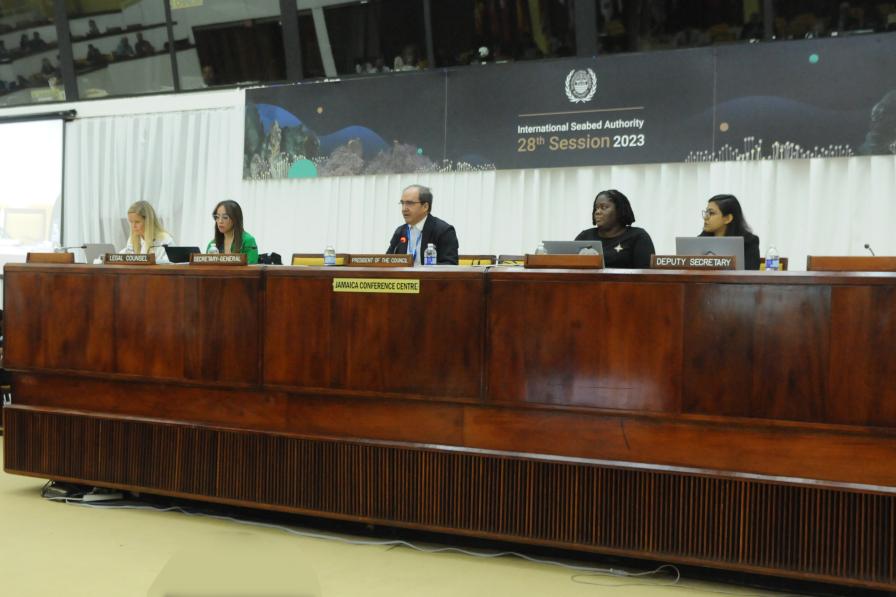
(L-R) Lea Kolmos Weis and Mariana Durney, ISA Secretariat; ISA-28 Council President Juan José González Mijares, Mexico; Alyssa Allen and Tamanna Khan, ISA Secretariat
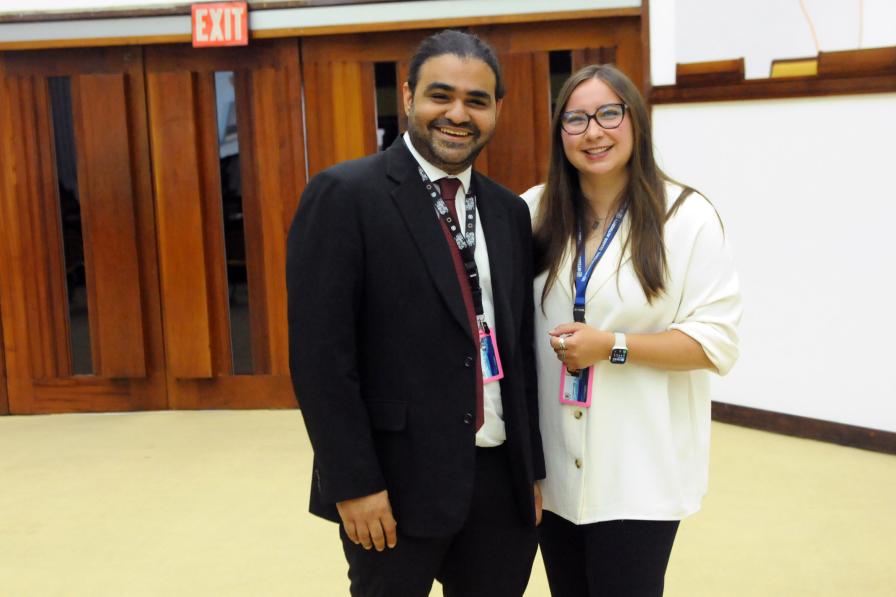
Pradeep Singh, International Union for Conservation of Nature (IUCN), and Nicole Zanesco, Oceans North
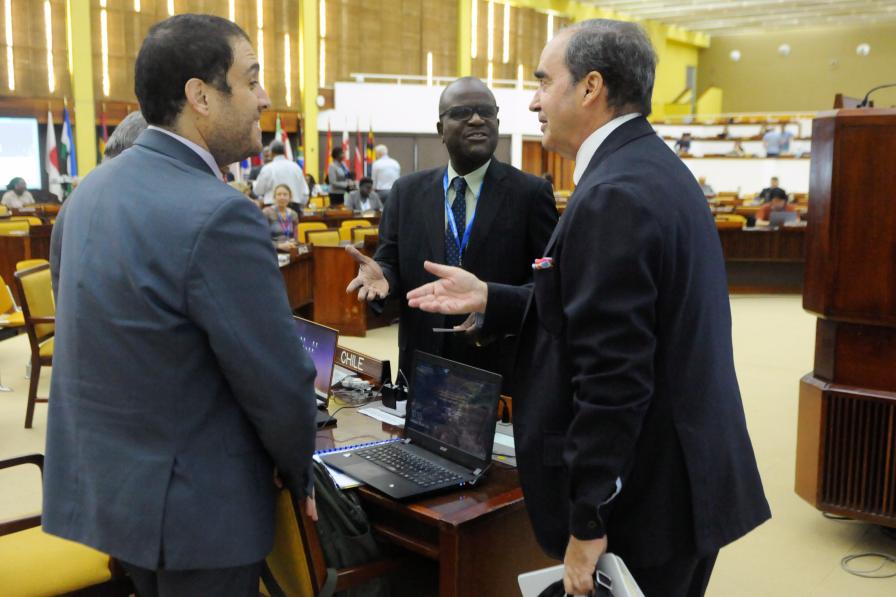
(L-R) Salvador Vega Telias, Chile; Eden Charles, Special Representative of the ISA Secretary-General for the Enterprise; and ISA-28 Council President Juan José González Mijares, Mexico
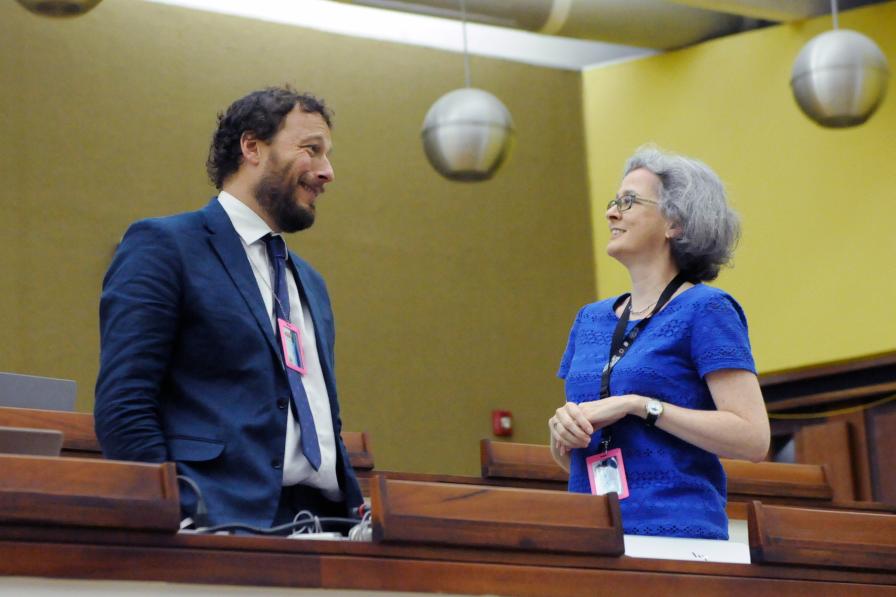
Julian Jackson, The Pew Charitable Trusts, and Kathryn Garforth, Secretariat of the Convention on Biological Diversity (CBD)
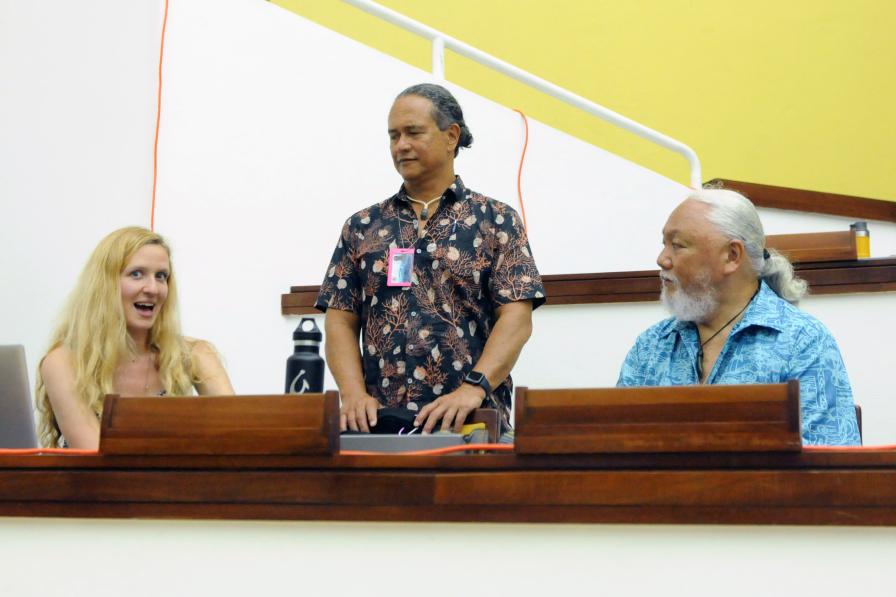
Louisa Florence Casson, Greenpeace International; Ekolu Lindsey III, Polaniu Hiu-Maui Nui Makai Network; and Solomon “Uncle Sol” Kaho‘ohalahala, Maunalei Ahupua‘a/Maui Nui Makai Network
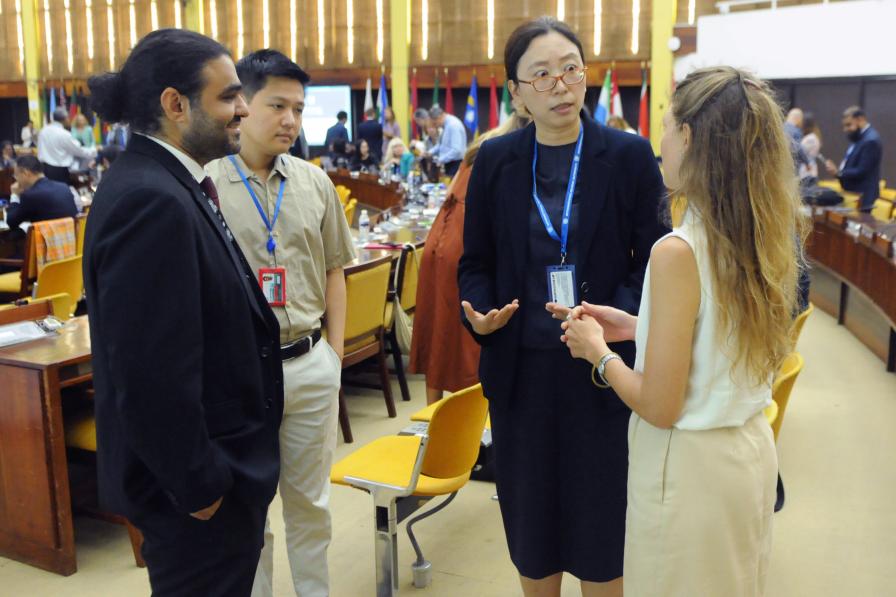
(L-R) Pradeep Singh, IUCN; Changsung Lim, ISA Secretariat; Jung-Eun Kim, Republic of Korea; and Emma Wilson, DSCC
